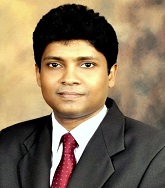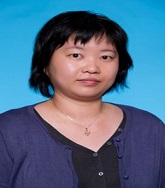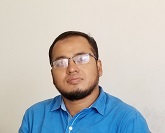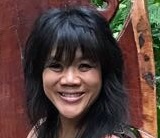Renowned Speakers

Dr. Pathirage Kamal perera
Professor, Faculty of Indigenous Medicine Sri Lanka

Dr Kwan hiu yee
Associate Director and Associate Professor, Teaching and Research Division,School of Chinese Medicine China

Dr. Mohammad nazrul islam
Assistant Professor, Dept. of Public Health, Hamdard University Bangladesh

Huang wei ling
Medical Acupuncture and Pain Management Clinic Brazil
Recommended Global Alternative Healthcare Webinars & Conferences
Europe & UK
Asia Pacific & Middle East
Canada
Traditional Medicine 2025
To Collaborate Scientific Professionals around the World
Conference Date November 13-14, 2025
For Sponsors & Exhibitors
Speaker Opportunity
Useful Links
Past Conference Report
Supported By
All accepted abstracts will be published in respective Conference Series International Journals.
Abstracts will be provided with Digital Object Identifier by
